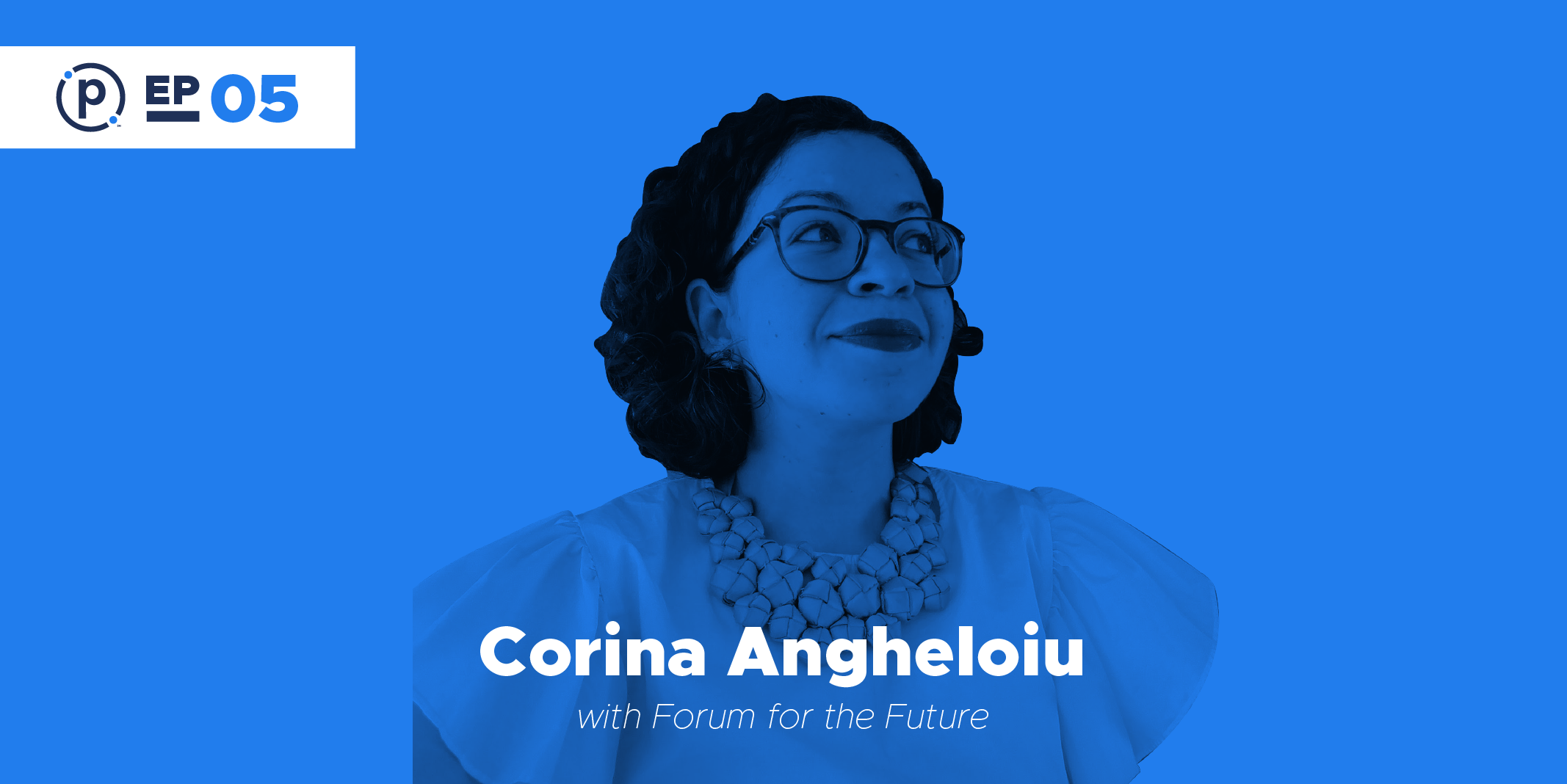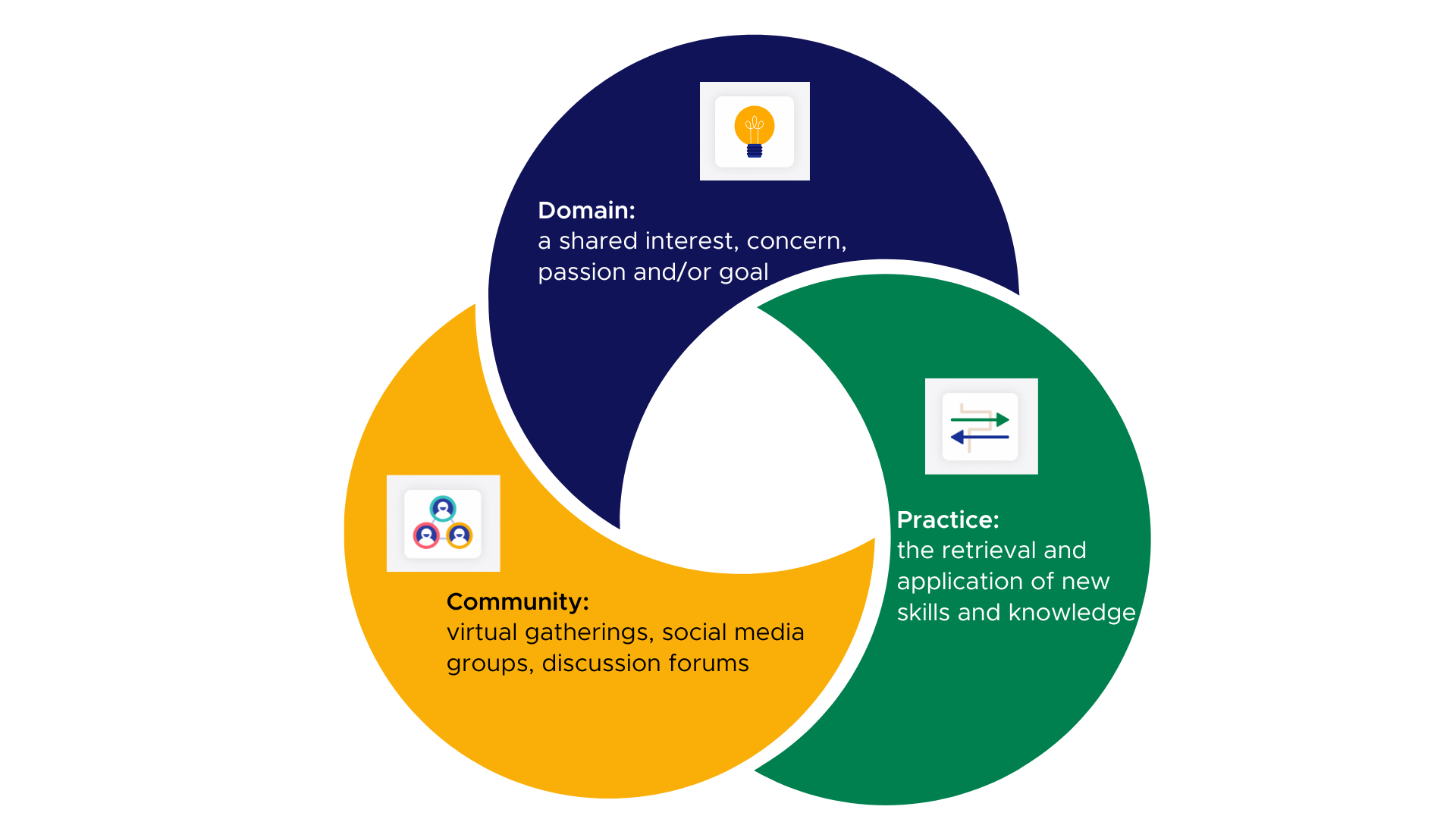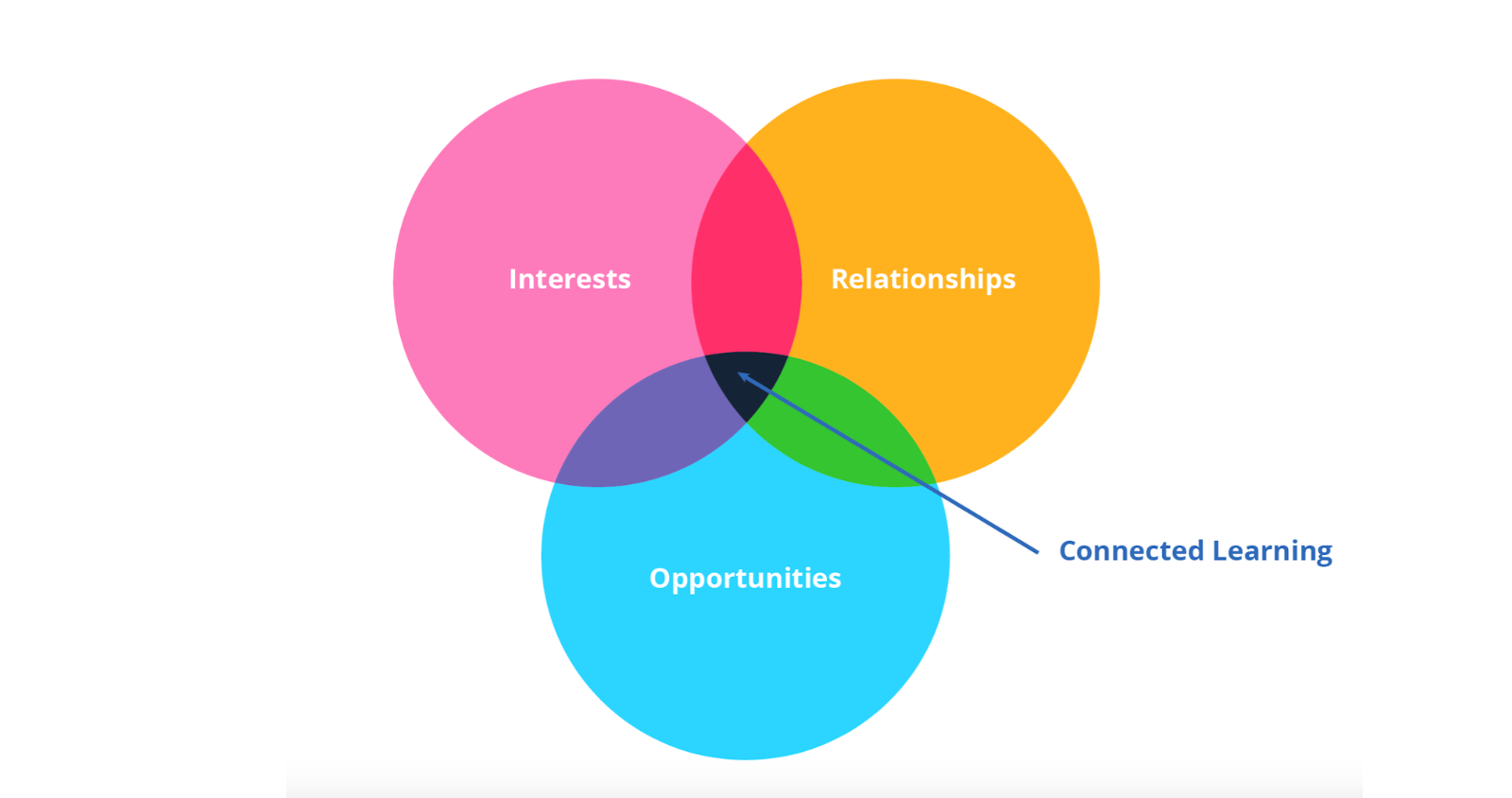The role of Communities of Practice in building resilient societies

In the latest episode of the Participate podcast, our hosts Dr. Julie Keane and Mike Washburn talk with Corina Angheloiu, a design strategist, researcher and facilitator in pursuit of building communities that foster systemic change. Listen to the full episode below.
Research and discovery
Angheloiu’s research in Communities of Practice (CoPs) is rooted in better understanding policy makers and their unique relationships with their communities. A couple of years ago while attending the Conference of Parties convention, an annual convening of policy makers and nation states to talk through issues surrounding climate change, Angheloiu observed the need for attendees to continue conversations and ideas beyond the convention. She saw decisions concerning nationwide commitments to carbon emission reductions and conversations involving people working in different shared domains as the perfect opportunity for CoPs.
Disrupting path dependency to achieve a shared goal
CoPs have the potential to disrupt path dependency and allow groups to truly push forward to achieve a common goal. Angheloiu says CoPs remove the polarizing dynamic where policy makers and activists are on opposite sides.
Coming at a challenge from a Community of Practice framework would mean that we’re looking at how we work with conflict, how we work with tensions, but at the same time with the commitment for a shared goal,” says Angheloiu.
Angheloiu states that Communities of Practice help all stakeholders in conflict understand both the tradeoffs of their positions and sides of the issues. Participants in CoPs likely sacrifice a portion of their desired outcome, but their compromise will lead to a stronger shared resolution. Angheloiu was able to demonstrate that while path dependency does serve a purpose at times, CoPs shine a light on its limitations.
Learning beyond knowledge transfer
One of the core components and functions of a CoP is knowledge creation. Angheloiu says that CoPs play an integral role in shifting our idea of knowledge transfer — where a less experienced learner relies on a more experienced learner — into shared knowledge creation.
Learning is a process where different people with different perspectives and different types of knowledge can share amongst each other,” says Angheloiu. “We must accept that the process of learning is socially based.”
Building trust and defining success
The process of creating strong online CoPs is difficult because all members of each community must have trust to engage in earnest and authentic learning. When asked about this, Angheloiu references a quote, “we can only move at the speed of trust.”
Only once you build trust can you find commitment and authenticity through your community members. To strengthen trust in organizational politics and personal dynamics, Angheloiu recommends understanding who plays well with who and who wants to collaborate with one another. There are also different incentives that motivate different people across different organizations, which can be difficult to navigate but can also be an essential tool in building effective CoPs. Speaking of effectiveness, Angheloiu continues to explain that success within a CoP is often defined by the depth of relationships and trust within the design and facilitation of the community itself. Rather than quantitative measures, she focuses on qualitative relationships and interactions.
Adopting a CoP approach
In closing the podcast, Keane and Washburn ask Angheloiu what she would recommend to systems or organizations looking to adopt a CoP approach. She says that organizations should be mindful of the preparation that people need in order to show up and be engaged and to focus on environments that best represent their community’s shared goal.
There is an importance of learning when to diverge out and understand different perspectives on issues, but then everyone must converge when it is time to make decisions and commitments,” says Angheloiu. “This allows communities to continuously form, collaborate and bring new different and shared perspectives together."
Click below to learn more about how a Community of Practice approach can scale your organization's impact and lead to shared knowledge creation.


